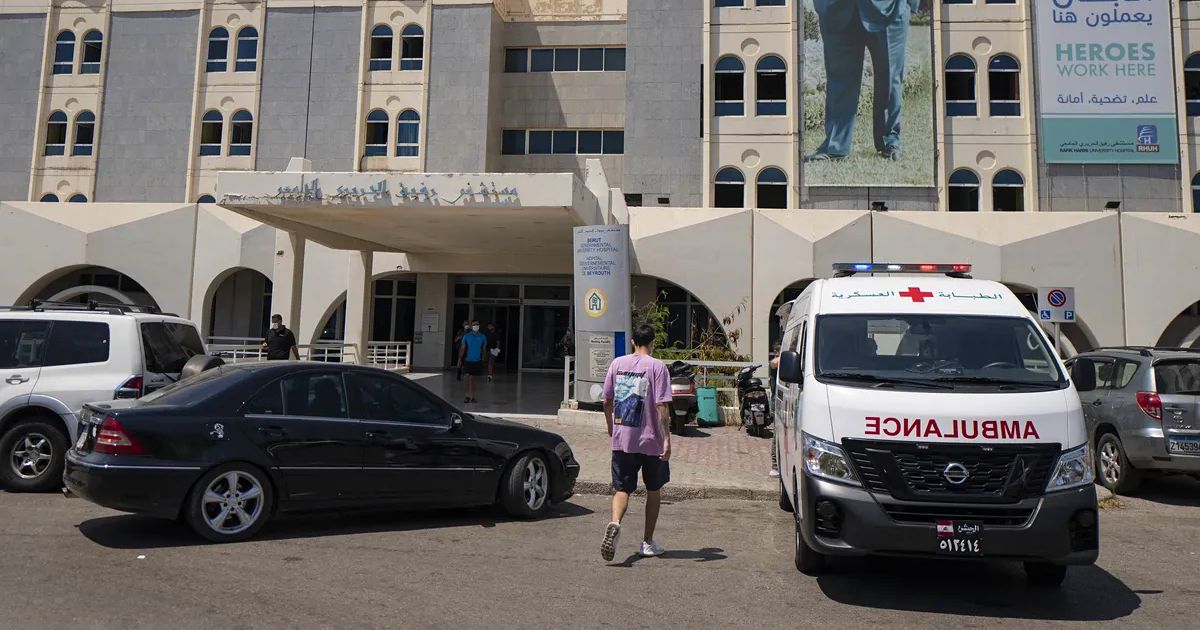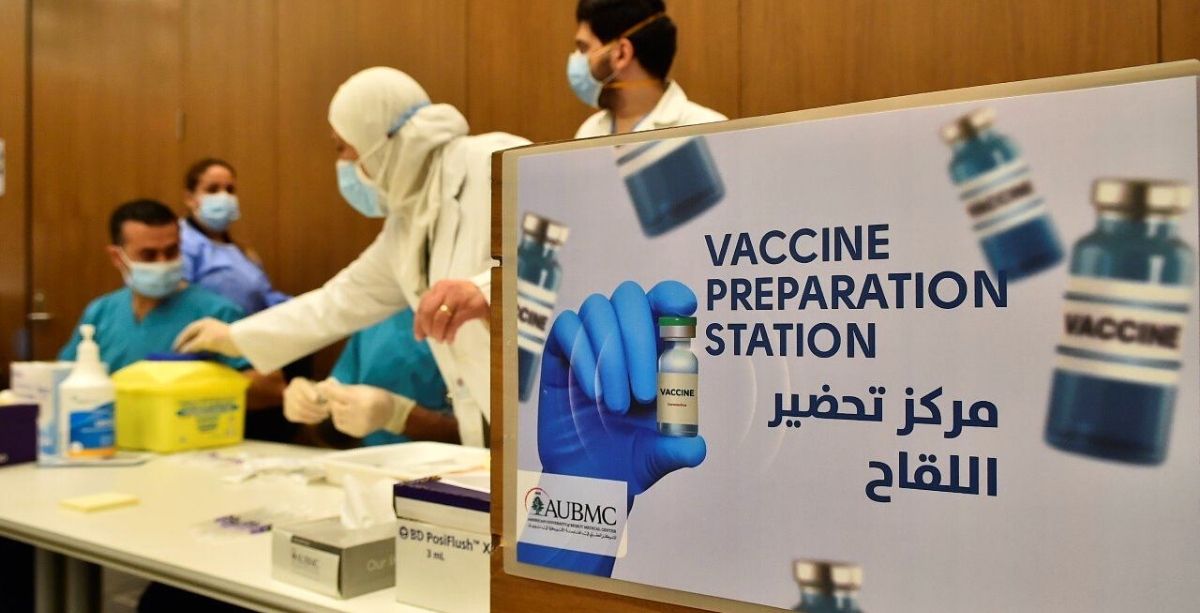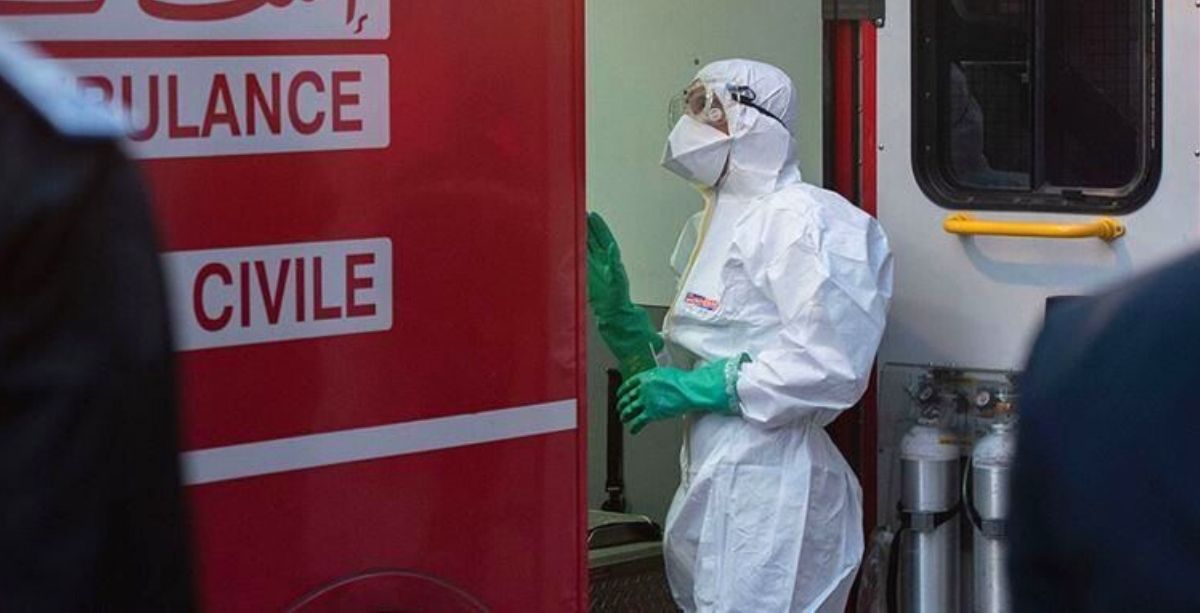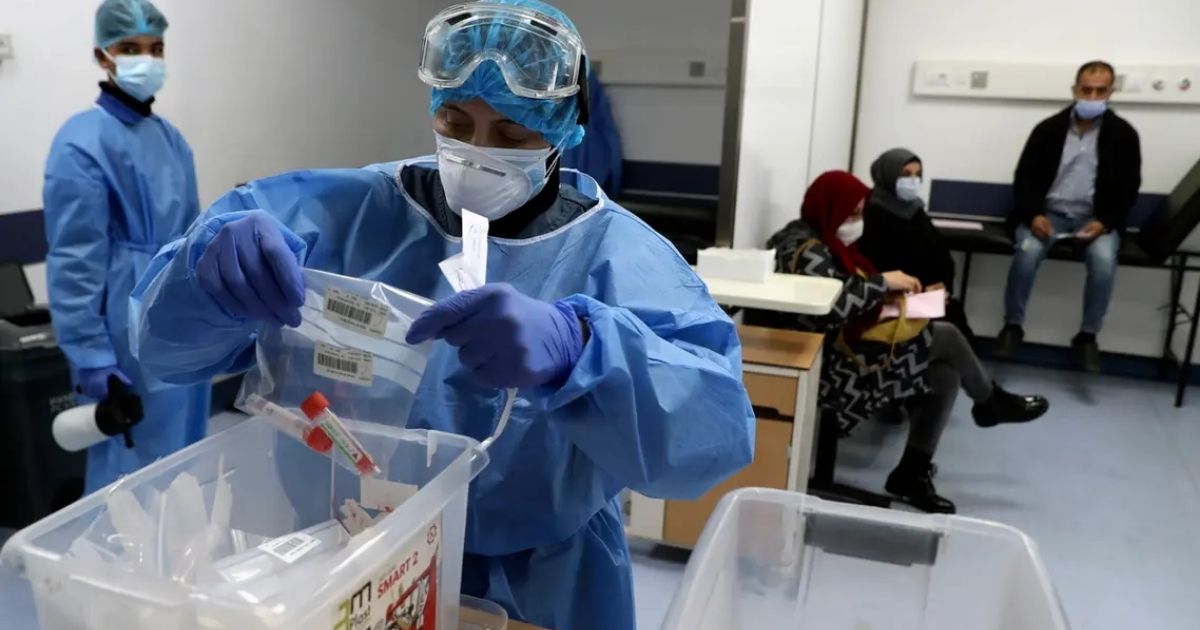For some, finding a source of clean water is a luxury. But now, residents in Beirut and Bourj Hammoud will never have to worry.
In response to the coronavirus, UN-Habitat Lebanon just installed 22 communal hand-washing stations. And they are easily accessible to even the most vulnerable.
UN-Habitat Lebanon teamed up with the municipalities of Beirut and Bourj Hammoud and the local NGO PARD Lebanon to design, produce, and install public handwashing stations to raise awareness and help prevent the spread of the coronavirus.
Through this project, the organization aims to help ease the fight against the pandemic and prevent other health risks.
Washing hands is one of the most important hygienic habits to practice especially during the outbreak. But to some, even access to clean water is a luxury.
Located in public spaces, the stations are easily accessible to people from marginalized communities.
According to UN-Habitat Lebanon, the public handwashing stations will benefit nearly 30,000 people. This includes vulnerable Lebanese residents, refugees, and migrants in poor neighborhoods.
“Awareness, water, and proper sanitation are the first line of defense against the spread of COVID-19.”
Head of UN-Habitat Country Programme in Lebanon, Taina Christiansen
You can find these stations in the neighborhoods of Sabra and’Daoukh Ghawash in Beirut and the Maraach and Nabaa areas of Bourj Hammoud.
They are operated by stepping on the pedals for soap and water, so there is no need to touch anything.
Furthermore, local NGOs and volunteers will routinely maintain the stations’ cleanliness and refill them with water, soap, and napkins.
This is a great initiative to promote healthy habits during the pandemic and beyond.
We have a dedicated coronavirus section where you can find the latest news/updates about the pandemic in Lebanon, inform yourself with WHO-verified resources, and track the number of cases in Lebanon in real-time. Click here.












